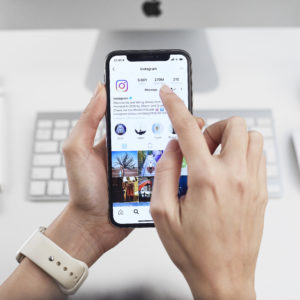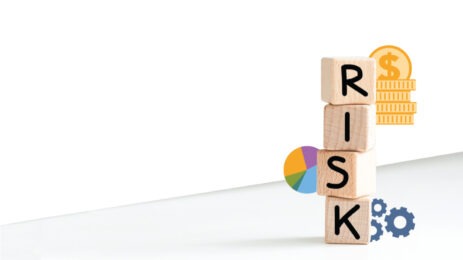Just like social media, event planning relies heavily on understanding ever-changing consumer preferences and behaviors. In order to make the best recommendations for clients in the event space, beyond examining platform updates and algorithm shifts, it’s important to evaluate broader cultural shifts and audience behaviors to anticipate the best way to deliver a strong message, while of course, ensuring those messages break through the noise.
Meeting planners face the same problems as social media managers—competing for the time and attention of potential attendees. As these experts work to understand changing consumer trends, preferences and behaviors, considerations must be made into meeting design to craft a truly relevant event, which target audiences will not want to miss.
Not sure where to start? Consider these three key trends and how they can positively impact meeting design.
The Independent Traveler
 Attendees are more empowered than ever to explore host cities on their own. With access to ride-sharing apps, peer review sites such as Yelp, unique accommodations courtesy of AirBnB and bucket lists inspired by Instagram and Pinterest, it’s no surprise that “bleisure” travel is on the rise. Armed with their mobile device and a hunger for authentic experiences, event goers long for a chance to explore while attending out-of-town meetings. Meeting planners must build in formal and informal opportunities for attendees to explore, providing useful and inspirational destination information before, during and after the event. Not only will attendees thank you for your proactive efforts to make the event more exciting, but this event will also leave a longer-lasting impression in attendees.
Attendees are more empowered than ever to explore host cities on their own. With access to ride-sharing apps, peer review sites such as Yelp, unique accommodations courtesy of AirBnB and bucket lists inspired by Instagram and Pinterest, it’s no surprise that “bleisure” travel is on the rise. Armed with their mobile device and a hunger for authentic experiences, event goers long for a chance to explore while attending out-of-town meetings. Meeting planners must build in formal and informal opportunities for attendees to explore, providing useful and inspirational destination information before, during and after the event. Not only will attendees thank you for your proactive efforts to make the event more exciting, but this event will also leave a longer-lasting impression in attendees.
The Hyper-Savvy Audience
Forget the myth of the “six-second attention span.” Consumers aren’t losing their ability to concentrate; rather, they live their lives awash in messages and have become ever-savvier digital consumers. Audiences are able to tell within just a few seconds if something is relevant to their needs, and if not, they’ll quickly move on. In order to break through, meeting planners must remember that they’re not selling a badge or education credits: they’re selling an experience.
More: Experiential Marketing and YOU
When marketing an event, meeting planners must lead with an emotionally compelling benefit of attending—empowerment, community, etc.—in order to capture the attention and earn those RSVP commitments. Similarly, planners can work with sponsors to offer more value through a campaign to establish stronger relationships before, during and after the event. A value-driven, inspirational campaign can tell a more compelling story than a standard, “Thank you to ABC Sponsor, please visit them at Booth XYZ” message. If it’s the latter, your audience will not be inclined to bite.
Authentic, Ephemeral Content
 Inspired by the meteoric adoption of Instagram Stories, Facebook has continued to invest in the in-the-moment format, indicating that ephemeral content is here to stay. Instead of asking attendees to shift their day-to-day behavior while attending conventions, meeting planners should embrace the stories binge by getting in on the action on Instagram, Facebook, and LinkedIn.
Inspired by the meteoric adoption of Instagram Stories, Facebook has continued to invest in the in-the-moment format, indicating that ephemeral content is here to stay. Instead of asking attendees to shift their day-to-day behavior while attending conventions, meeting planners should embrace the stories binge by getting in on the action on Instagram, Facebook, and LinkedIn.
In order for this to be successful, planners must keep in mind what makes stories so compelling in the first place: authentic human experiences. Consider a partnership with compelling members or industry folks to takeover accounts during conventions, showing a first-person meeting experience that prioritizes storytelling over news and announcements.
Finally, remember that meetings are about bringing a community together to create value—meeting planners should keep the loftier mission front and center and bring a compelling human element back to meetings and conventions.
Corrine Turke is a senior account executive at the Washington, D.C., office of Portland-based Sparkloft Media, where she leads the company’s B2B social media marketing efforts, focusing on how social can be used to support meetings objectives across conference stakeholders.




